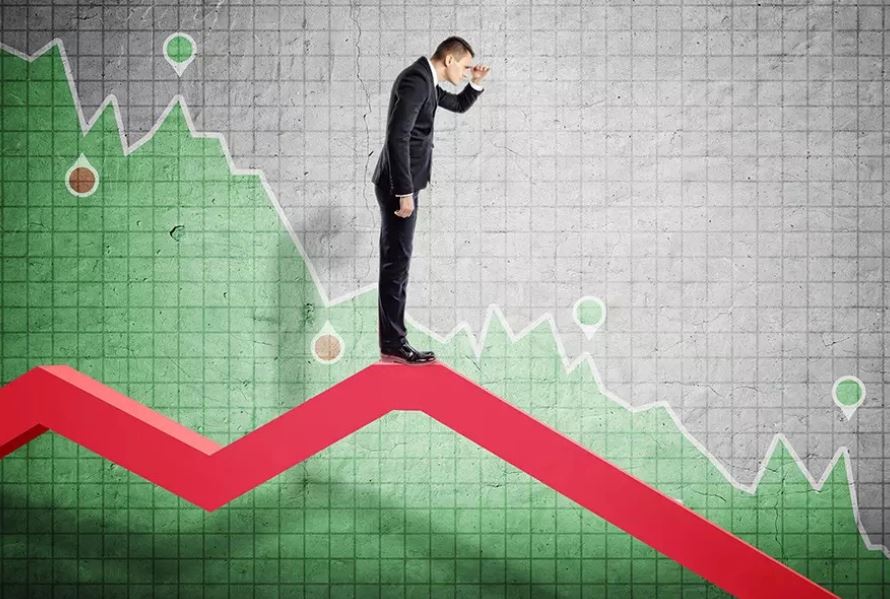The first thing you need to do once you decide to engage in Forex trading is accept its volatility. The currency exchange market appears incredibly lucrative from the outside, but once you start trading, you’ll realise how much uncertainty exists in the foreign exchange market.
Forex traders often lose money due to volatile Forex markets. It is important to have resilience when trading currencies. Uncertainty is inherently present in Forex. Therefore it’s best to embrace the precise nature of Forex and count on it to influence your many future transactions. Follow these tips to survive volatile Forex trading:

1. Get used to uncertainty
Getting more exposed to the thing you are scared of will help you stop the fear you are experiencing. When you become accustomed to new territory, it stops feeling strange. Keeping up with trading, and not giving up, is a simple strategy for dealing with uncertainty.
In the long run, having established good trading experience for six months or a year will make uncertainty in the Forex market less of a problem than initially. The adage “time heals all wounds” is true. After some time, you’ll become more confident about dealing with uncertainty in the Forex market.
2. Back up the chart and look at the bigger picture
It uses the same principle as the earlier method. The more uncertainty in a market, the more unpredictable and volatile short-term price movements may become. A handful of catalysts and stimuli (the same themes causing uncertainty in the market) may cause erratic price movements, making it difficult for scalpers to see the same momentum or trends on shorter-term charts.
When markets are uncertain, traders can avoid short-term craziness by moving back on the chart and looking for more extended periods to trade. Then, the trader can use that information to understand the market and make decisions based on that information.
3. Use all the available tools
A Forex trader has many options for analysing the market. When an essential news item is released, it is possible to predict the direction in which currency will move. You might also use technical analysis tools like moving averages or support and resistance as part of your analysis. The market sentiment can also help you predict how the prices will change.
However, we often hear traders ask, “What’s the best approach: fundamentals or technicals?” With this question, traders presume that traders should opt for one of the two types of analysis. Combining all three types of analysis will make your forecasts more accurate, and you will become more confident when trading Forex. It is, therefore, a good idea to learn and practice one of these three areas if you are weak in one.
4. Understand the reason behind it
Forex trading is made viable and exciting by its volatility. However, the volatility also works in the other direction. Depending on the trade, some may increase your profits, while others may take a plummeting fall and lead to you losing money. Volatility is caused by a country’s environment, politics, and economics, none of which a trader can control. The best thing you can do is go with the flow since you have no control over this.

Bottom line
To prepare well for the hard work you have to do, you must plan well. To qualify for trading in the real market, you need to gain experience studying, analysing, and monitoring the market on a demo account. Furthermore, it is worth keeping an eye on currency movements if economic news or market developments are significant.


